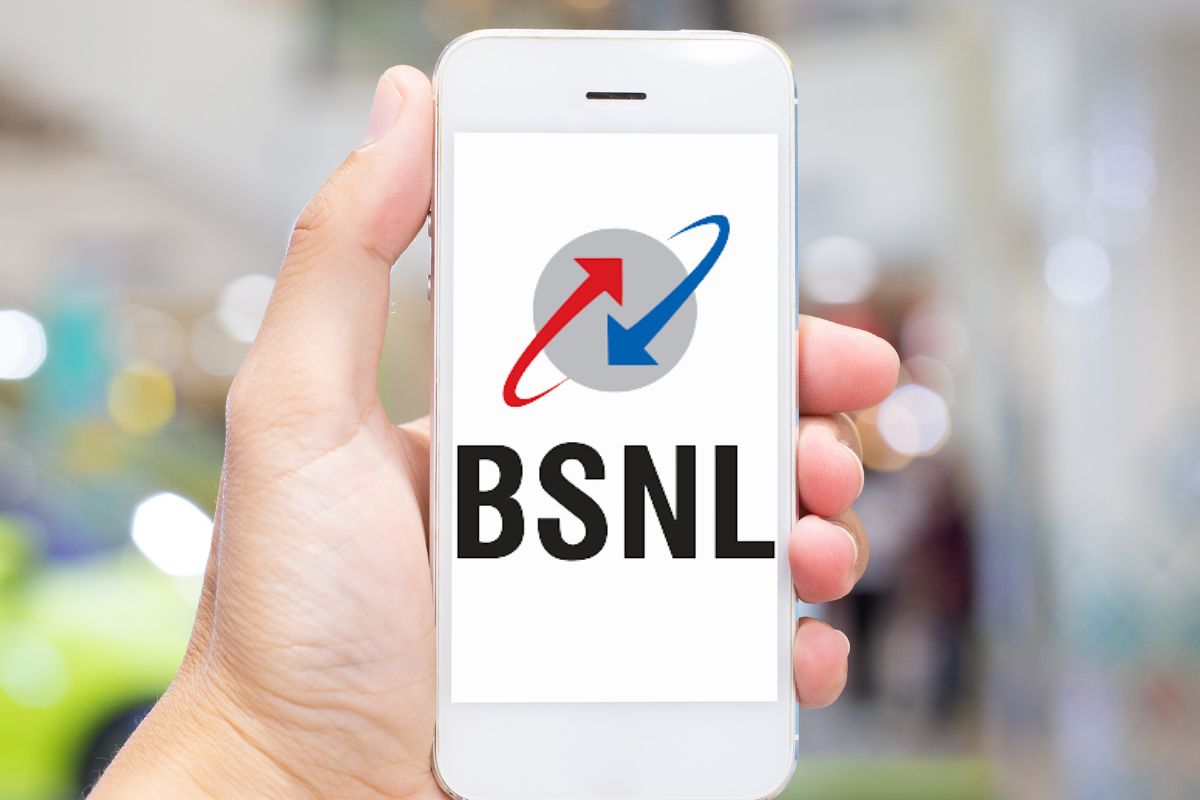Bharat Sanchar Nigam Limited (BSNL) and BBNL (Bharat Broadband Network Limited) merger has been approved by the Cabinet. This will boost the fibre assets under BSNL. The state-run telco has an optical fibre cable network of over 6.83 lakh kilometres. Because of this merger, BSNL will get an additional 5.67 lakh kilometres worth of optical fibre laid across 1.85 lakh village panchayats of India. One big benefit that this will give to the BSNL is that it will help in boosting 4G performance in rural areas. BBNL was created to provide connectivity in the rural gram panchayats of India to ensure that the digital divide is reduced. A few months back, the government had decided to merge the business of BSNL and BBNL. Today, as per an ET Telecom report, the Cabinet has given its approval for the move. What’s worth noting here is that the employees of BBNL aren’t in favour of the merger. This is because of the non-performance of BSNL on the BharatNet project.
BBNL Uses USOF for Laying Fibre
BBNL has laid fibre across the country with the help of USOF (Universal Service Obligation Fund). Unlike the regular telecom operators, BBNL doesn’t need to pay RoW charges or some other charges that the telcos need to pay to the government. The merger of BBNL and BSNL is likely going to boost the performance of both companies, especially BBNL. BBNL has a team of very limited people and limited resources. By merging with BSNL, BBNL’s operations can be made more efficient. Just how fast will we get to see a change in either of the companies is something that remains to be seen. Right now, the need for fiberisation across the country, especially in rural India, is quite high. New network technologies such as 5G will require more fiberisation in India to deliver a better experience to customers.
